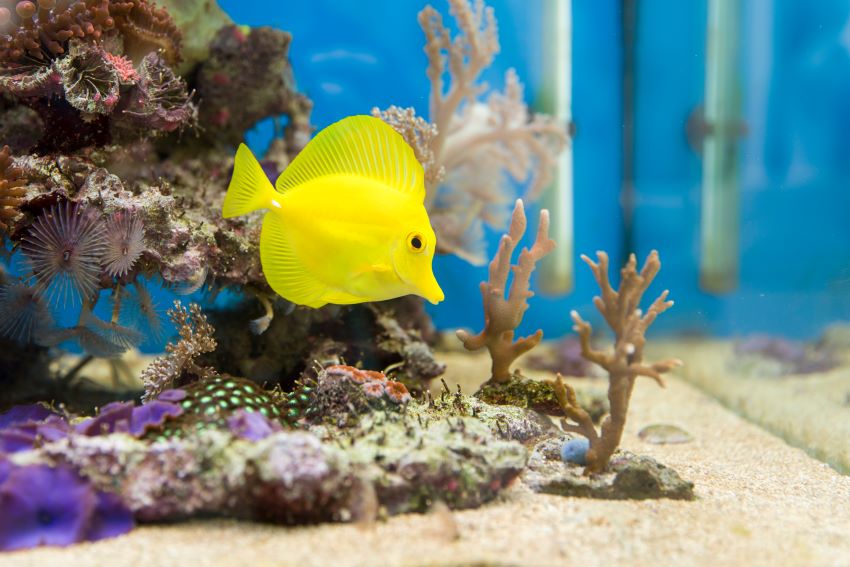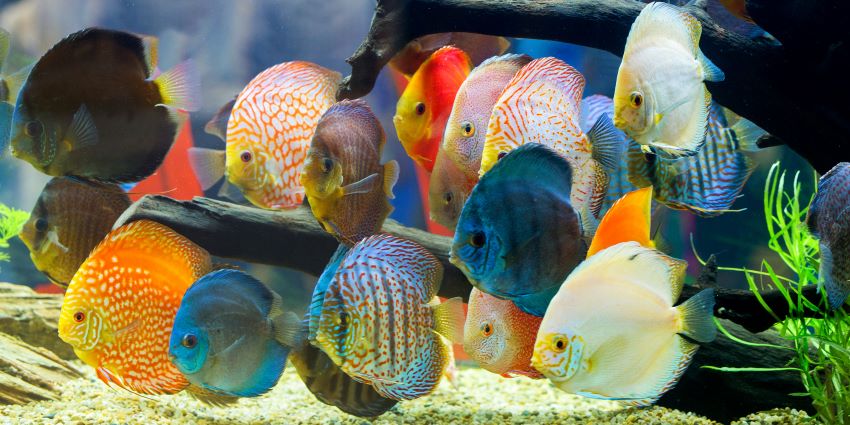Saltwater Tank Setup
Saltwater tanks are becoming increasingly popular among aquarists due to their ability to create stunningly natural habitats with an incredible variety of fish, coral, and other aquatic life. Unlike freshwater tanks, saltwater tanks require more maintenance due to their more complex chemical composition and the need for specific equipment and tools to keep the tank healthy.



